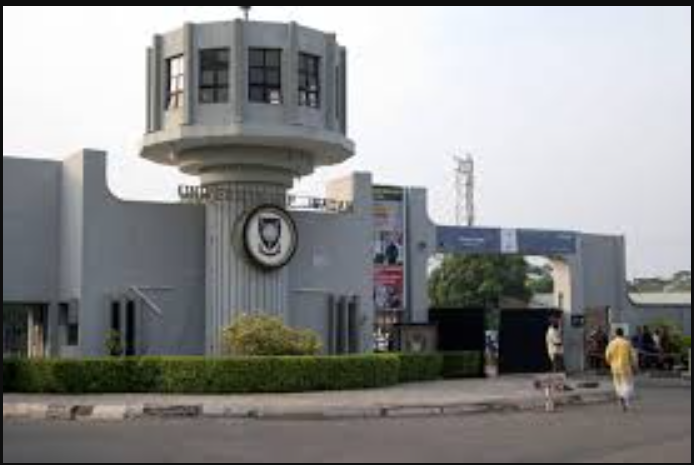The unfolding controversy at the University of Ibadan (UI) raises serious questions about financial accountability, administrative priorities, and respect for student rights at one of Nigeria’s premier institutions.
According to SaharaReporters’ review of UI’s 2023 financial statements:
- ₦134 million was spent on refreshments and meals — more than double the ₦65 million spent in 2022.
- ₦224 million went to honorarium and sitting allowances — up from ₦129 million in 2022.
- Combined, these non-academic expenses total ₦358 million, surpassing:
- ₦345 million spent on “academic expenses,”
- ₦23 million on laboratory/teaching materials, and
- ₦168 million on research and teaching-related costs.
This means administrative perks outweighed spending on core academic needs — an alarming trend in an institution facing poor infrastructure and declining educational quality.
The Education Rights Campaign (ERC) at UI has long flagged:
- Epileptic power and water supply,
- Poor sanitary conditions in toilets and bathrooms,
- Dilapidated lecture halls, and
- General infrastructural decay affecting learning and student health.
In April 2023, ERC issued a statement describing conditions as “worrisome and disturbing”, especially given the impact on student academic performance and well-being.
Despite this context, UI has suspended three student activists — Ayodele Aduwo, Nice Linus, and Mide Gbadegesin — for leading a peaceful protest against a tuition fee hike during a Students’ Union event on May 13, 2024.
- They were arrested, allegedly beaten by university security, and handed over to Operation Burst operatives.
- After repeated disciplinary hearings that Amnesty International describes as “bizarre”, the university suspended them for four semesters.
- They were summoned again on July 14, 2025, accused of “misconduct” for allegedly disrupting the Students’ Union inauguration.
Amnesty International condemned the university’s actions as a “blatant violation of freedom of expression and peaceful assembly.”
- “No one should be punished for protesting during Nigeria’s worst economic crisis in a generation,” Amnesty said.
- The rights group is demanding:
- Immediate reversal of the suspensions,
- An end to student persecution, and
- Accountability for the reported abuse of students.
The juxtaposition of lavish administrative spending with the suspension of student activists and crumbling infrastructure reflects a university that, critics say, is detached from its academic mission and out of step with student needs.
In essence, the institution appears to prioritize internal perks and control over:
- Academic excellence
- Student welfare
- Free expression and dissent
What This Signals for the Future of Nigerian Higher Education:
This UI case may represent a broader trend across Nigeria’s

